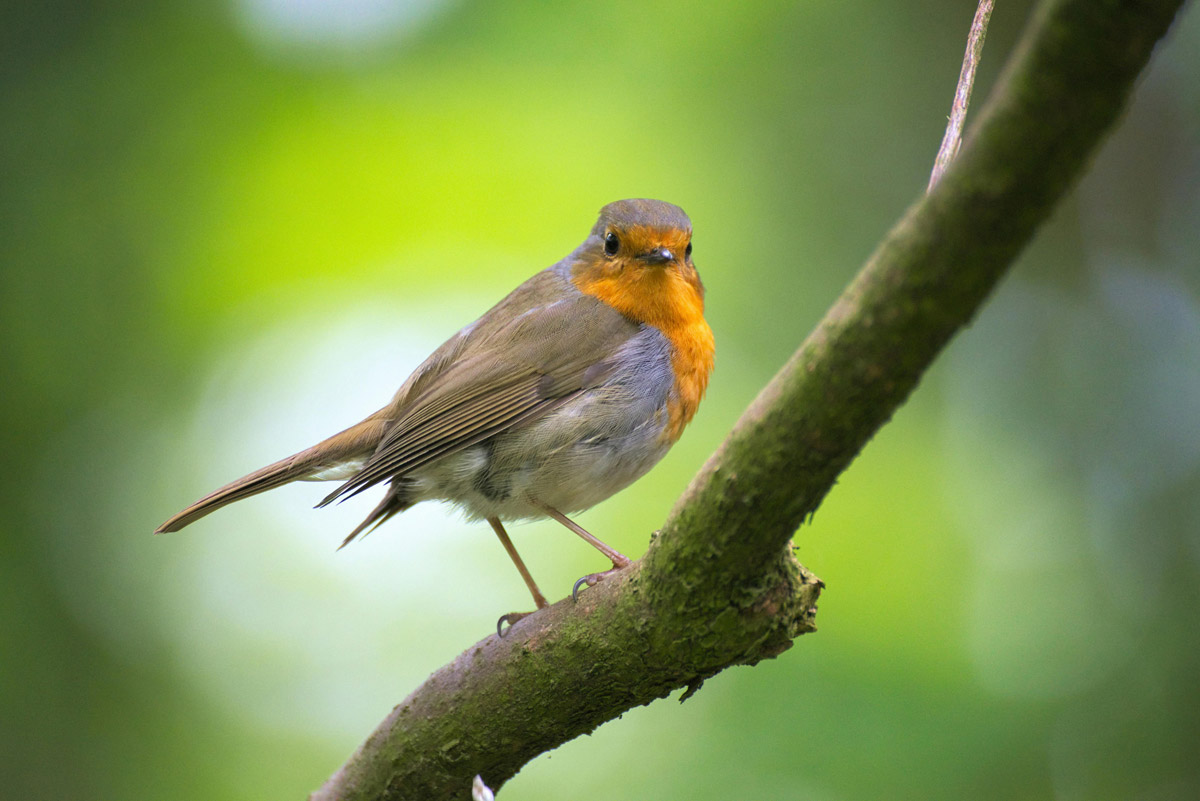
Have you ever noticed that birds are extra loud and chirpety in the morning? If we’re being honest, I haven’t. But I chalk that up to the fact that I am so wholly not a morning person that those first few hours of wakefulness are a fuzzy fugue in which thoughts are incomplete yet action is undertaken as I stumble through the motions of making myself acceptably presentable yet just barely operational for the day ahead that’s somehow already given me a headache. So… not an early bird. And for the first time I kind of wish I were, because scientists think they’ve finally figured out why birds are so chipper in their AM chirpings, and the reason is rather poetic. There is biology and chemistry and hormones involved that the scientists can explain, but the gist is essentially that birds are just bursting with song once day breaks after a night in quiet sleep. What a sweet reason to tweet!
Researchers studying zebra finches discovered that birds sing most energetically once the first light hits. Their sunrise soundtrack comes from a rush of built-up energy that gathers overnight. During the dark hours, the instinct to sing builds, waiting for release. When dawn arrives, the tension breaks in a burst of sound. The longer the night, the stronger the song.
This “rebound effect” has a biological root. Light lowers melatonin, the hormone that manages sleep and activity. As melatonin drops before sunrise, the body gets ready for the day ahead. By the time light appears, birds are primed to move and vocalize. Singing becomes their way of stretching after hours of stillness.
In another experiment, scientists delayed morning light for zebra finches. When they finally turned the lights on, the birds sang louder and longer than usual. Shorter nights produced weaker performances. The study showed that the dawn chorus follows a clear rhythm of buildup and release. Darkness fuels anticipation, and sunrise brings expression.
Singing at dawn also serves as vocal training. Birds lose some precision during rest, and those first songs help them regain control. It’s their warm-up before the day’s challenges begin. The early tunes also double as social signals. They tell potential mates, “I’m strong and ready,” and let rivals know the territory is taken.
For years, many believed birds sang early because sound carried better in the morning’s cool, calm air. But research by the Cornell Lab of Ornithology and Project Dhvani in India challenged that theory.
Scientists analyzed recordings from 69 bird species in the Western Ghats rainforest and found that better sound conditions didn’t explain the dawn chorus. Instead, the early singing appeared tied to communication, such as defending territory and coordinating food searches after the quiet of the night.
Some species, particularly territorial or omnivorous ones, used the early hours to mark their presence or plan group foraging. After a night of stillness, they reconnected with calls that reestablished their place and purpose. It’s basically their version of checking in before the day begins.
All the research points to one conclusion: birds sing at dawn because their internal clocks and environment align at the same time. Hormones prepare their bodies while light signals them to act. The mix of built-up energy, alertness, and social instinct creates the morning chorus that echoes through backyards and forests alike.
Oh, to wake up so impassioned! So filled with purpose; energized to make your own kind of music, sing your own special song. And with nary a question, not one whit of hesitation over your innate right to take up auditory space in this world! To not merely rise, but to awake and SING! Yeah, that’d be a nice switch up from the logy vortex of confusion and fury that gets me out of bed most mornings. Why can’t my internal clock and environment get in alignment, hmm?! Truly, I’m quite charmed by the characterizations rendered from these scientific revelations. The way birds wake up brimming with the imperative to express themselves… plus they’re also sorting out plans for the day and keeping their vocal chords fresh with exercise. It’s too peeping adorable! Who paid for this study — Pixar?! And speaking of, the results of this research either have to be embedded in the story of or made as a double feature to the other ornithological animation idea I hatched: Mei Mei & the Sparrows. It’s a bleak world out there now; give us this fun feathered delight, Pixar!
Photos credit: Pixabay, Harvey Reed, Frank Cone and Andrew Mckie on Pexels


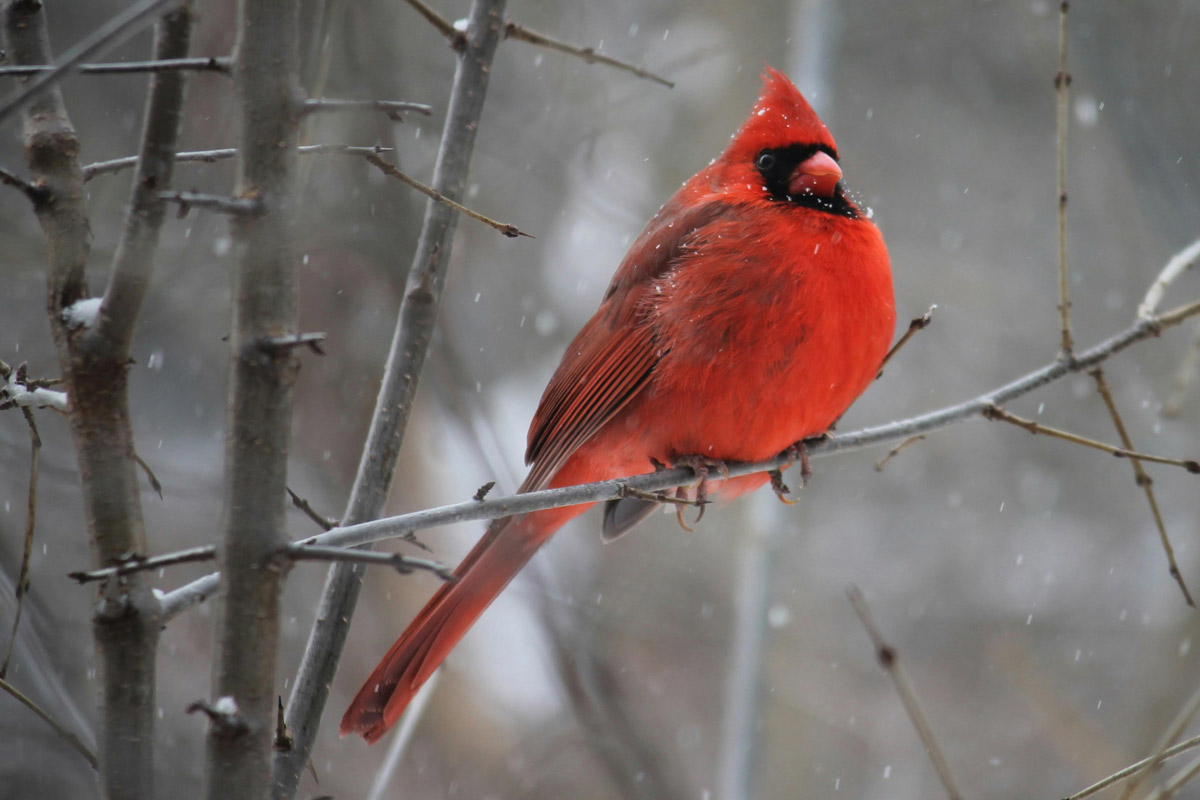
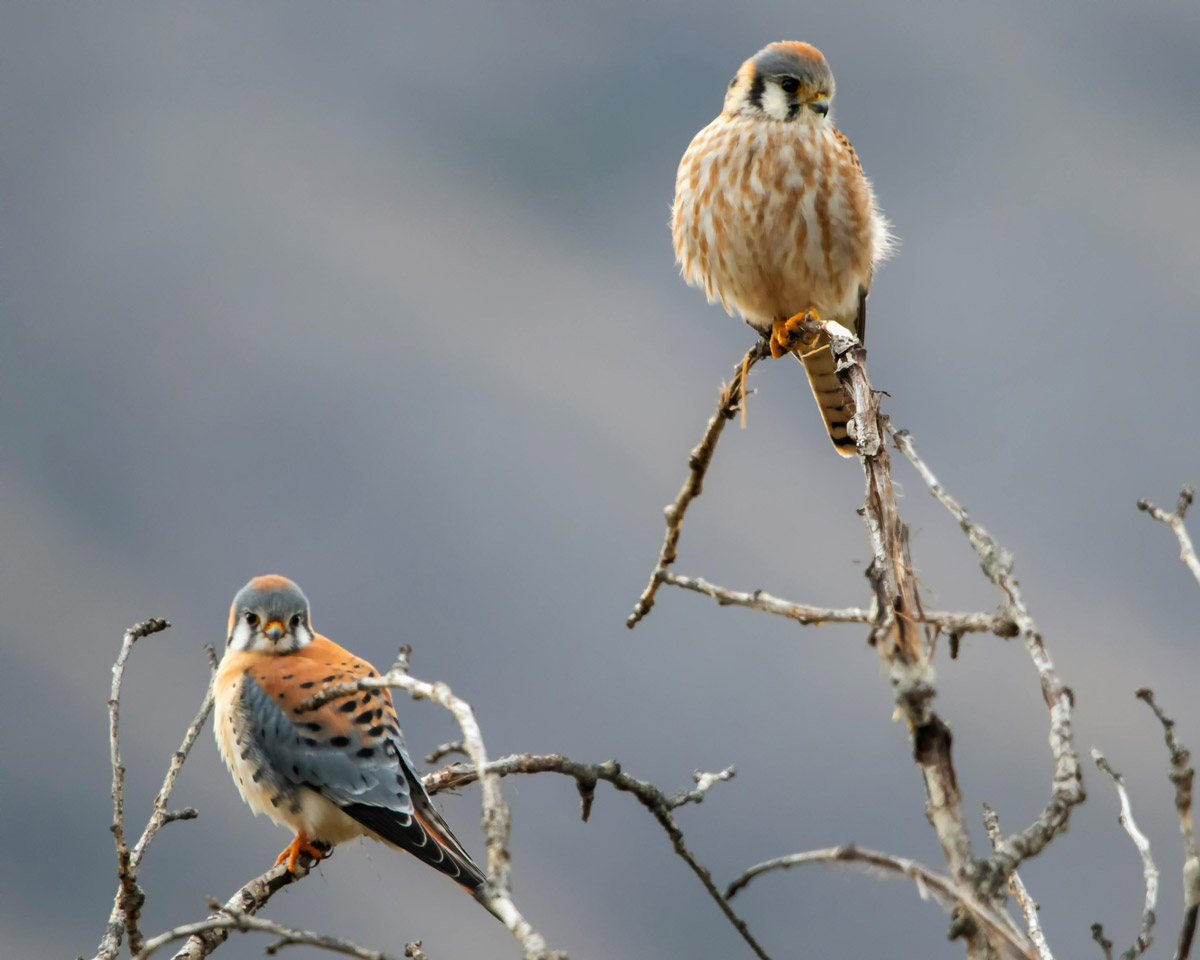

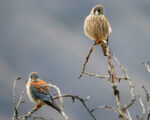
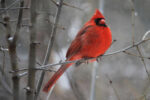
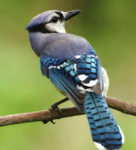
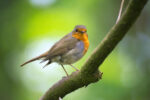
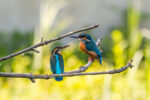










I do enjoy the sound of bird song in the morning when almost everything else is quiet or not up yet.
My morning birdies are a treasure. With the Merlin app, I reach over to my phone next to the bed, turn it on (volume off, so I don’t wake my husband) and hold it up…I’m always surprised at the birds it finds. And now I know a bit more about why they launch at daybreak!
and @Kismet, thank you for this lovely post. You sound exactly like I was for most of my life, a night owl that fumbled to get through mornings, had to overload with caffeine just to function. Don’t worry: menopause will change all that (deathless grin). I am now a morning dove, no one is more surprised than I am. Now, I’m longing for sleep around 11 pm and I look forward to that burst of activity as soon as the light hits me, just like your birds…it’s as wonderful as the night used to be for me
We live near Leslie Spit in Toronto which is an area for all sorts of birds, lots and lots of them. Our yard fills with birds and we do especially hear them in the morning. But our little parakeet is not a morning bird. He wakes up a little grumpy. It takes him about half an hour to get going and then eventually start playing and whistling.
“Oh, to wake up so impassioned! So filled with purpose; energized to make your own kind of music, sing your own special song. And with nary a question, not one whit of hesitation over your innate right to take up auditory space in this world! To not merely rise, but to awake and SING!”
oh i loved reading this story, Kismet!❤️ as I struggle thru the fog of exhaustion trying to wake. I have not been sleeping well [grief + other factors] but my sweet lil’ ol’ dog makes me wake at the crack of dawn to walk him regardless. I wish I could wake with this zest for life!
Agree! This was a lovely read. Thank you!
user name checks out! @JayaBird 😊
I’m an early bird of the human variety. Next time they should give me the research money and I’ll give them the answer more quickly. 😂
In the winter, up here in the north country, the late sunrise really brings the Dawn Chorus to the fore. I’ve been awakened many times by the birbs doing their winged rock & roll right outside my window.
This was a lovely read, Kismet, thank you.
💚💚💚🧡🍂🍁🌿
Clicked on this for the bird pics but was delighted to read these beautiful words. I love the sound of birds in the morning and I always pretend they are singing for me, which puts me in a better mood (after I’ve had my coffee).
Thanks for this story, Kismet! The best part about spring and early summer is the birds yelling their heads off as dawn breaks. As I stare down the tunnel of winter, it’s lovely to have this reminder.
Been bird watching since lockdown. If anyone has interest in getting a bird cam do it. It’s the best show I watch, lowers my blood pressure, the birds are so delightful.
This was a lovely read. I giggled at the mamma cass reference. I have always adored birds
What a sweet post! I always enjoy the animal posts. Thank you for bringing light and joy.
My cat gets very excited about birds, and goes ekekekek if he sees one! He’s an indoor cat so it’s birb tv for him. It’s just as fun to watch his reaction as the actual birds!
I do love birdsong, morning AND evening. Birds are most vocal at dusk & dawn. For work, I got sent to bird call training for a week so that I could help out with the annual bird count (no idea why they wanted to send the sole archaeologist when we had three qualified wildlife biologists on the district, but I digress)–you have to get out there in the woods at the call station before the sun actually comes up. Ugh. But I got pretty good at it. Ten years on, I don’t remember a single specific bird call beyond what I originally knew–owl, crow, scrub jay. And there’s a difference between bird calls & bird songs, although I don’t remember what that is.
Always working toward being as delightful as a bird. I’ll get there after menopause based on my observations of my aunts. Although my morning singing is not often requested.
When the birds start up at 4:30 am in June I’m not thrilled, but it’s lovely to hear them most of the time. I feel very lucky to live in a largely wooded neighborhood of my suburban town.
Last year I put out a hummingbird feeder but it stressed me out because the little guys got really territorial and chased each other away. I was like, “Guys! There’s plenty of nectar for everyone! “ but I’m sure it was just instinct. (It was September, not long before they migrate.)
I was thinking of getting a couple more feeders and spreading them apart next year. Would that help, or are hummingbirds just tiny but aggressive?
Definitely get more; they’re still tiny and aggressive, but they’ll chill when they see everyone’s satisfied :))
Thanks for covering this! My resident birds are part of my stress relief / reality check, and this is really interesting to read. As Lady Esther mentioned, the Merlin app from Cornell is AMAZING for identifying bird song, and great for getting into birds!